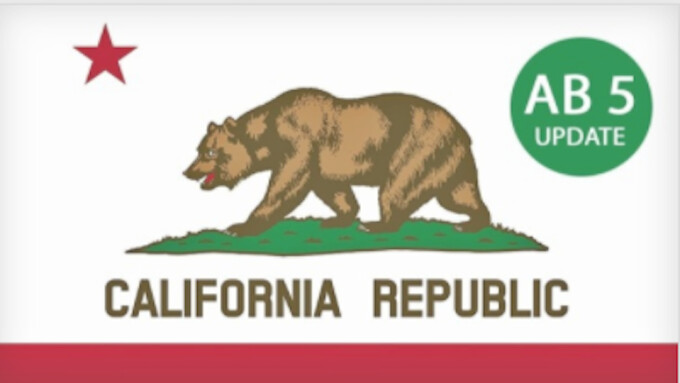SAN FRANCISCO — In a case which may have consequences for cam models and sex workers who rely on a single platform for a majority of their income, a judge ordered ride-hailing companies Uber and Lyft this afternoon to re-classify their California drivers from independent contractors to employees.
The ruling would make Uber and Lyft employers, and would mandate them to provide the newly classified employees with benefits, in accordance with the AB5 legislation that came into effect on January 1.
San Francisco Superior Court Judge Ethan Schulman, who issued the injunction, also paused it for 10 days to allow for an appeal. The ride-hailing companies are expected to appeal the judge’s preliminary injunction in favor of the State of California. If upheld, the ruling could, according to Bloomberg News, “make them halt their services as they figure out how to adjust their business model to comply with it.”
Judge Schulman agreed with California Attorney General Xavier Becerra that Uber and Lyft are violating AB5.
The legislation — currently undergoing a revision process in Sacramento via a follow-up “clean-up” bill outlining exceptions — states that “workers can generally only be considered contractors if they perform duties outside the usual course of a company’s business,” according to Bloomberg.
Today’s ruling may have an impact on California cam models and other sex workers, if the State, or the workers themselves, decide to argue that their performances constitute duties that are essential to “the usual work” of a camming platform, cam studio or premium platform’s business.
The case is California v. Uber Technologies Inc. and Lyft Inc., CGC-20-584402, at the California Superior Court (San Francisco).






